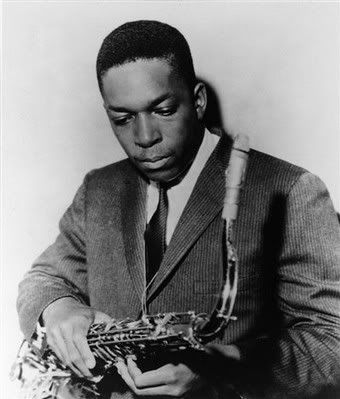I live in NY-20, the district allegedly represented by Kirsten Gillibrand, and have lived here in the foothills of the Berkshire Mountains for more than 22 years. Maybe that has made me cynical. It means I lived here when it was part of militaristic Gerry Solomon's conservative fiefdom. You remember his most memorable contribution to the nation: a law that if you plead guilty to a non-criminal possession of marijuana for personal use, you lose your federal financial aid for a year. Great policy, Gerry! Salute! And then it was represented by his hand picked, militaristic successor, John Sweeney, him with the DWI arrest with a woman, not his wife, allegedly sitting on his lap. When he ran against Gillibrand it was in the wake of allegations that he (still) beat his wife. Great politics, John. Salute!
And now, Kirsten Gillibrand, daughter of a political family and apparently a friend of Alphonse D'Amato, has been selected by Governor David Paterson, who was never elected and who replaced client 9 and is the son of a political family, instead of Caroline Kennedy, daughter of a political family, and Andrew Cuomo, son of a political family, to succeed Hillary Clinton, a member of a political family, in the Senate. Score yet another one for the oligarchy.
Faced with the obvious, that being a political blue blood remains the most important qualification for the Senate, many people who consider themselves Democratic or progressive are now busy making excuses for Kirsten and describing if not how great she'll be in the Senate, how she'll turn out to be ok. You've heard it all.
Here, for example. She'll move to the center, and maybe even to the left. She does good constituent work so her 100% NRA rating doesn't matter. She's for/against marriage equality. She's for/against the war in Iraq. She's for/against the environment. She's for/against the Stimulus package. She voted against the bailout/New York.
Others have described all of this far, far better than I care to.
The part of this I find most instructive is all of the excuse making. Folks on the left or the just to the left of center are making excuses because we don't want to confront the obvious. The obvious is that Kirsten, who is not on the left, who is not really in the center, and who is a blue dog, is in the Senate from New York because she was already a member of a certain club, and that club is from whence people who are also in the club promote other club members to the Senate.
Chances are, dear reader, that you aren't in that club. And that you never will be. Nor will your children. And it's not because you're not a talented and nice person. And it's not because you wouldn't like to do public service. And it's not because you know nothing about politics. It's because you don't have the money or the time or the connections (any two of these 3 might give you a chance to be in the club). I hope you're not surprised by that. In fact, Barack Obama might prove the rule. He's not old school. He had time and made connections. He didn't have money. An unusual two out of three, but 2 out of 3 nonetheless. This appointment, however, is old school. It's money and connections paying off.
In baseball kids begin getting ready for the Big Leagues when they are 7 or 8 or 9. They advance as their skills grow. There are Little Leagues that feed into minor leagues that feed into the major leagues. Ability matters. Baseball, unlike politics, is a meritocracy. You supposedly cannot play for the Yankees if you cannot catch and throw and hit. Even if you're rich. Even if you father owns the team. That's quite unlike politics. You can still get ahead in politics if your family is already in the business, and if you have money, lots of money, and if you or your family have friends in the club (friends like Al D'Amato, David Paterson, and Hillary Clinton). It doesn't necessarily matter whether or not you can speak in coherent sentences (are you reading this, W?) or can legislate or can perform any of the many other tasks supposedly involved in being a public servant. What matters most is your pedigree.
I'm delighted that Barack Obama doesn't appear to be from the oligarchy. That makes it all the sadder when New York's Senator, appointed after his election, is chosen in the old school way. New York and the nation deserve better.
Such is the state of the American democracy. You can dress up Gillibrand's ascension and coronation however you like. And you can talk about how you're going to give her a Populist Primary and defeat her in 2010. But, alas, I think all of this is just self deception. What we need to notice here is that the oligarchy is still strongly in control. And that we're without the resources to do anything at all about it at the moment, yell and scream as much as we want.
Etiquetas: Alphonse D'Amato, David Paterson, eastern new york, Kirsten Gillibrand, NY-20, oligarchy























